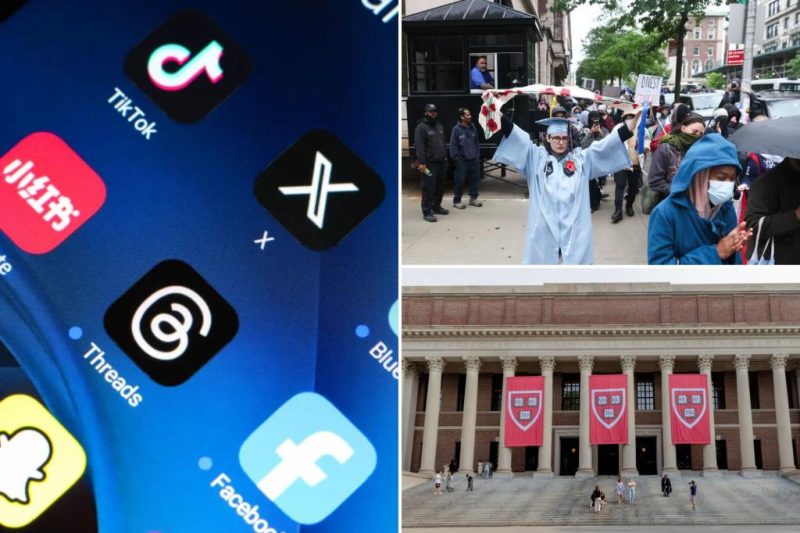
The Trump administration implemented significant changes to the student visa application process, introducing a more rigorous vetting procedure that includes a closer examination of applicants’ social media activity. This move, aimed at enhancing national security, requires applicants to make their social media accounts publicly accessible. This allows US authorities to review posts and online interactions, potentially impacting the visa approval process.
This new policy represents a significant shift in how the US government assesses potential risks associated with foreign nationals seeking education within the country. Previously, the vetting process primarily focused on traditional background checks and academic credentials. The inclusion of social media analysis adds a new layer of complexity and scrutiny.
While proponents argue that this enhanced vetting improves national security by identifying potential threats early, critics raise concerns about privacy violations and potential biases in the assessment of online activity. The impact on international students and the overall application process remains a subject of ongoing debate and analysis. The implications for applicants from different cultural backgrounds, where social media usage may vary significantly, are also important considerations.
The policy’s long-term effects on international student enrollment and academic exchange programs are uncertain. It’s likely to influence the choices of prospective students, potentially discouraging some from applying to US universities. The debate around balancing national security concerns with the protection of individual rights and the facilitation of international education will continue to unfold as the policy is implemented and its consequences are observed.










